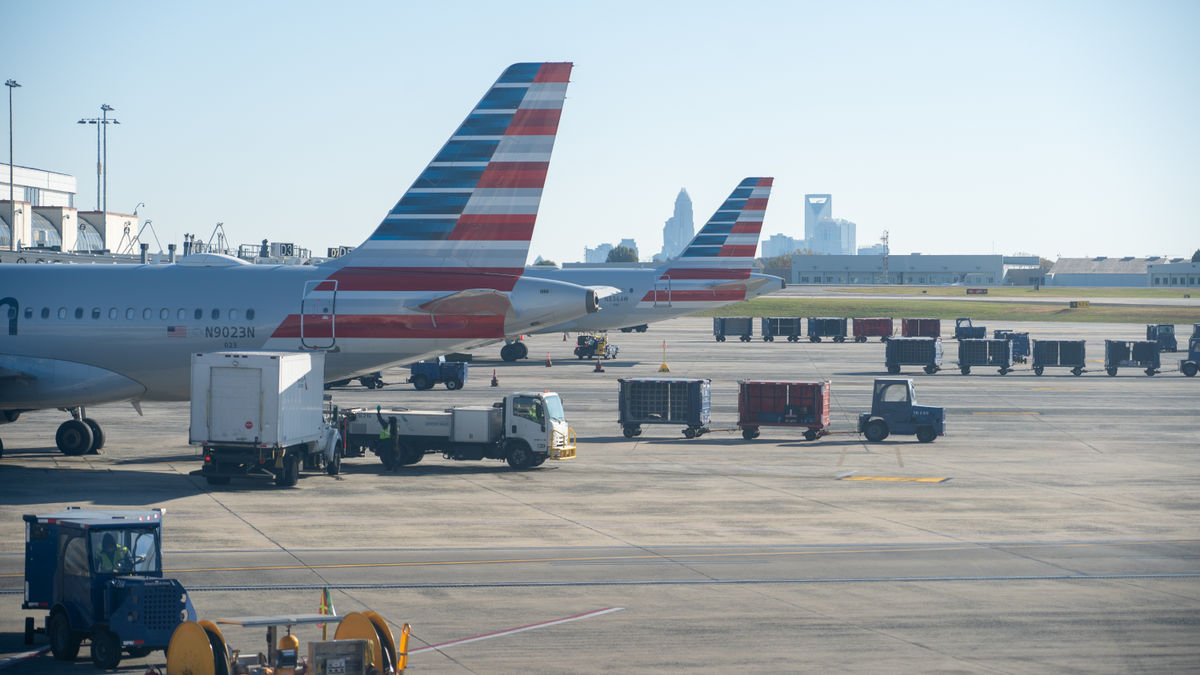A devastating 7.7-magnitude earthquake struck central Myanmar today, sending tremors across the region and impacting travel to both Myanmar (also called Burma) and Thailand. The quake, which originated near Mandalay at a depth of 10km, has caused extensive damage, leading to a state of emergency being declared in both countries.
Myanmar’s ruling military junta has confirmed at least 144 fatalities and more than 700 injuries. In Thailand, at least nine people have lost their lives, according to government officials. The disaster has left buildings crumbling, with one of the most severe incidents occurring in Bangkok, where a high-rise under construction near Chatuchak Market collapsed, killing five and leaving over 100 missing.
Following the powerful midday earthquake came a sizable 6.4-magnitude aftershock, which prompted evacuations across Bangkok. Residents were advised to remain outside as a precaution against further tremors. Residents in Chiang Mai, a popular northern tourist destination, also reported feeling the quake’s impact.
Can I Travel To Thailand?
If you have plans to travel to Thailand in the coming days, they should not be impacted. Despite the severity of the earthquake, Thailand’s major airports remain operational with minimal flight disruptions reported.
According to The Independent, the Airports of Thailand (AOT) conducted inspections of six key airports across the country and confirmed that all facilities met safety standards. “All airports have resumed normal operations as of 2:30 p.m.,” the agency said. Those airports include Suvarnabhumi Airport, Don Mueang Airport, Chiang Mai Airport, Mae Fah Luang Chiang Rai Airport, Phuket Airport and Hat Yai Airport.
Flight tracking data from FlightRadar shows that most flights arriving at Suvarnabhumi Airport, Bangkok’s primary airport, are running on time, with negligible delays and very few cancellations or diversions. For departures, the majority of flights have taken off, though some have experienced delays lasting more than a couple of hours. In light of the earthquake, Suvarnabhumi Airport is recommending that passengers keep an eye on traffic conditions and allow extra time to get to the airport. The airport advises arriving at least three hours before an international flight and at least two hours before a domestic flight.
Visitors who are already in Bangkok should exercise caution when traveling through affected areas, as the capital city has officially been declared a disaster zone. According to Travel + Leisure, the Ministry of Transport has ordered the suspension of public transportation services, including most bus routes and all electric train lines. However, the ministry has increased the number of passenger boats, including those along the Chao Phraya River, to accommodate commuters. Additionally, the State Railway is facing train delays as safety checks are conducted on all tracks.
The U.S. embassy in Thailand issued an alert regarding today’s earthquake but in no way seemed to advise against travel to the Southeast Asian country. “There have been no reports of additional aftershock activity,” it said, advising that, “U.S. citizens should continue to proceed with caution watching for unstable/falling debris, downed utility lines, and not return to high-rise residences/office buildings until building management has deemed it safe to do so. Communication infrastructure remains operational, however there have been reports of public transportation outages and increased traffic congestion.”
Can I Travel To Myanmar?
Mandalay airport in Myanmar is reportedly closed, according to an alert posted by the US embassy in Myanmar, which also said that there are "reports of damage to structures and infrastructure—including transportation routes leading out of Mandalay and telephone connectivity." However, fewer American travelers are likely to be headed to Myanmar, given that the U.S. State Department has maintained a "Level 4: Do Not Travel" advisory since June 2024, citing “civil unrest, armed conflict, and arbitrary enforcement of local laws.”
“The US government has limited ability to provide emergency services to US citizens in Burma due to security concerns amidst the ongoing armed conflict,” the travel advisory states. The State Department also urges U.S. travelers to reconsider traveling to Burma due to “limited and/or inadequate healthcare and emergency medical resources due to critical staffing shortages in the public sector health workforce.”
For the latest travel news, updates and deals, subscribe to the daily TravelPulse newsletter.
.png)
.png) 2 weeks ago
4
2 weeks ago
4








 English (US) ·
English (US) ·  Spanish (ES) ·
Spanish (ES) ·